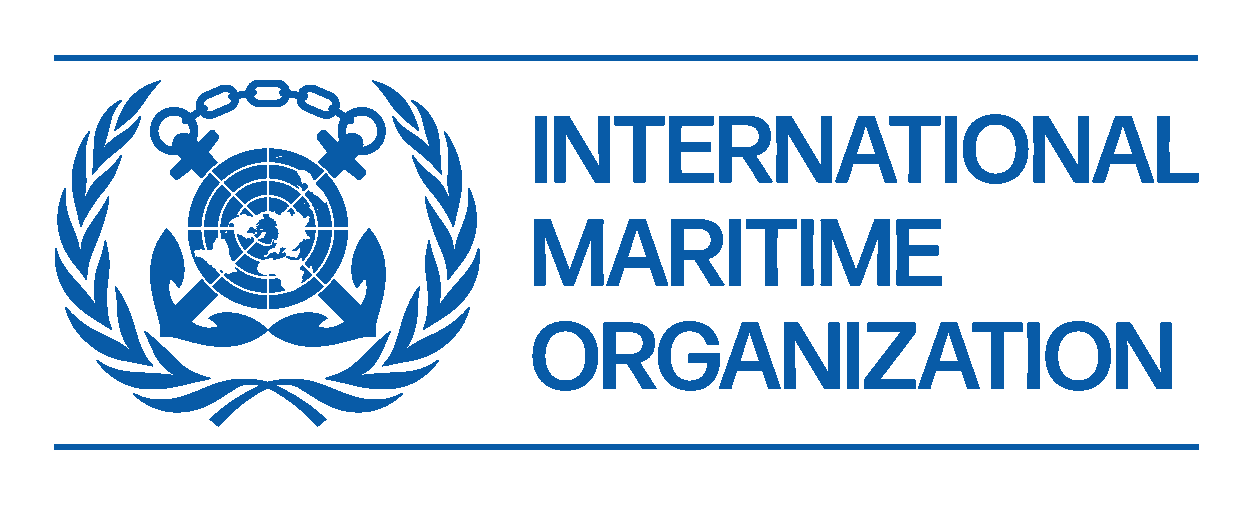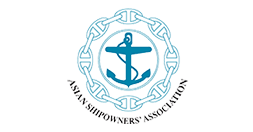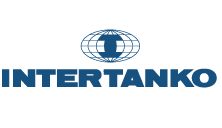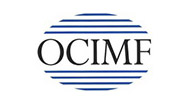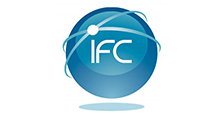About ReCAAP Information Sharing Centre
The period of late 1990s witnessed an unabated occurrence of maritime piracy incidents in the Asian region. This affected the flow of maritime trade and disrupted supply chains.
The nations in the region felt the need to address the menace of piracy and gathered to deliberate at the Regional Conference on Combating Piracy and Armed Robbery Against Ships in Apr 2000, also referred to as the Asia Challenge 2000 Conference in Tokyo, Japan.
The Tokyo Appeal and Model Action Plan, which were adopted at the meeting, called for governments, law enforcement agencies and the maritime industry to communicate, cooperate, coordinate, and collaborate, to strengthen efforts in the fight against piracy and armed robbery against ships.
After several years of negotiation with representatives from the ASEAN+6 nations as well as regional shipping agencies, the Regional Cooperation Agreement on Combating Piracy and Armed Robbery against Ships in Asia (ReCAAP) was formalised on 11 Nov 2004. It is the first and only regional government-to-government agreement to promote and enhance cooperation to suppress piracy and armed robbery against ships in Asia.
The number of ReCAAP Contracting Parties has grown over the years, from the initial 14 Asian countries in 2006 to 21 countries[1] today. Under the Agreement, an Information Sharing Centre was established in Singapore, on 29 Nov 2006.
The ReCAAP ISC, to fulfil its mission, enhances regional cooperation through its three pillars - information sharing, capacity building and cooperative arrangements. The ReCAAP ISC engages the Contracting Parties, shipping industry and international partners in its endeavour to prevent maritime incidents involving merchantmen and crew.
At the 12th Governing Council Meeting in March 2018, the Council announced that the ReCAAP ISC has met the criteria to be a “Centre of Excellence” for information sharing in combating piracy and armed robbery against ships at sea.
No single nation or agency has the capacity and capability to deal with the entire spectrum of maritime security threats, including piracy and armed robbery against ships. The ReCAAP ISC continues to promote regional cooperation and constantly develops its capabilities to deal with emerging maritime threats, so as to ensure safe and secure seas for maritime trade and economic prosperity in the region.
[1] 21 Contracting Parties: Australia, Bangladesh, Brunei, Cambodia, China, Denmark, Germany, India, Japan, South Korea, Laos, Myanmar, Netherlands, Norway, Philippines, Singapore, Sri Lanka, Thailand, United Kingdom, United States and Vietnam
Contracting Parties of ReCAAP

Australia

Republic of India

Republic of the Philippines

People’s Republic of Bangladesh

Japan

Republic of Singapore
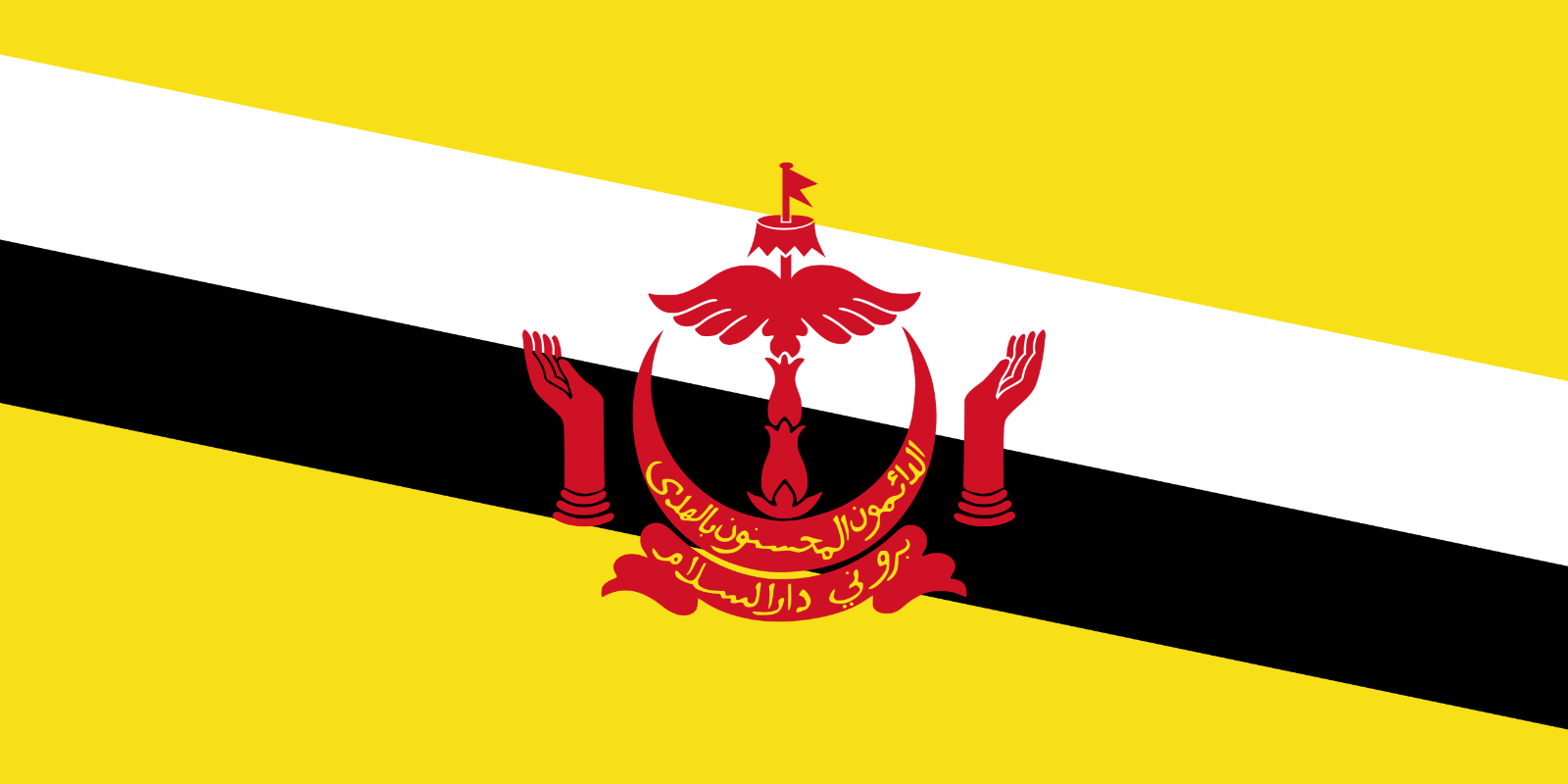
Brunei Darussalam

Republic of Korea

Democratic Socialist Republic of Sri Lanka

Kingdom of Cambodia

Lao People’s Democratic Republic

Kingdom of Thailand

People’s Republic of China

Republic of the Union of Myanmar

United Kingdom

Kingdom of Denmark

Kingdom of the Netherlands

United States of America

Federal Republic of Germany

Kingdom of Norway

Socialist Republic of Vietnam


